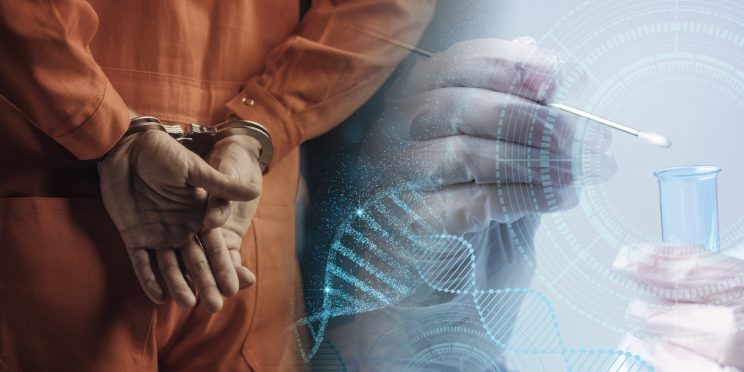This module originally occurred on May 29, 2019
Duration: 4 hours
Overview
Module 4: Validation of Probabilistic Genotyping Systems for Casework Usage
The Scientific Working Group on DNA Analysis Methods (SWGDAM) and other bodies have published guidelines that specify empirical studies to be performed to assess reliability, identify limitations and develop suitable usage conditions for probabilistic genotyping systems. In this installment of the web series Probabilistic Genotyping of Evidentiary DNA Typing Results, we discuss the intent of each validation requirement and provide examples of their execution, as well as resulting data and how they can be used to develop standard operating procedures within the forensic DNA testing laboratory.
Detailed Learning Objectives
- Appraise developmental validation studies and construct an internal validation plan based on the SWGDAM Guidelines for the Validation of Probabilistic Genotyping Systems.
- Evaluate experimental data relating to hypothesis testing, precision, repeatability, sensitivity, specificity, various numbers of contributors, contributor proportions in DNA mixtures and total DNA template amounts.
- Examine validation results generated by other laboratories and learn how to relate the findings into the development of reliable standard operating procedures, with an understanding of the limitations of a probabilistic genotyping system.
Presenters
- Tamyra Moretti | Federal Bureau of Investigation, Quantico, Virginia
- Sarah Noël | Laboratoire de Sciences Judiciaires et de Médecine Légale, Montreal, Canada
- Duncan Taylor | Forensic Science South Australia, Adelaide, Australia
Recommended Reading
- Bright, J.-A. et al. Internal validation of STRmix™–A multi laboratory response to PCAST. Forensic Science International: Genetics 2018; 34, 11-24.
- Moretti, T.R. et al. Internal validation of STRmix for the interpretation of single source and mixed DNA profiles. Forensic Science International: Genetics 2017; 29, 126-144.
- Scientific Working Group on DNA Analysis Methods. SWGDAM Guidelines for the Validation of Probabilistic Genotyping Systems. Approved June 15, 2015. Available at https://docs.wixstatic.com/ugd/4344b0_22776006b67c4a32a5ffc04fe3b56515.pdf.
- Noël, S., Noël, J., Granger, D., Lefebvre, J.-F., & Séguin, D. (2019). STRmixTM put to the test: 300 000 non-contributor profiles compared to four-contributor DNA mixtures and the impact of replicates. Forensic Science International. Genetics, 41, 24–31. https://doi.org/10.1016/j.fsigen.2019.03.017
Funding for this Forensic Technology Center of Excellence webinar has been provided by the National Institute of Justice, Office of Justice Programs, U.S. Department of Justice.
The opinions, findings, and conclusions or recommendations expressed in this webinar are those of the presenter(s) and do not necessarily reflect those of the U.S. Department of Justice.
Contact us at ForensicCOE@rti.org with any questions and subscribe to our newsletter for notifications.




